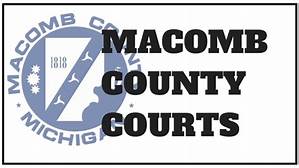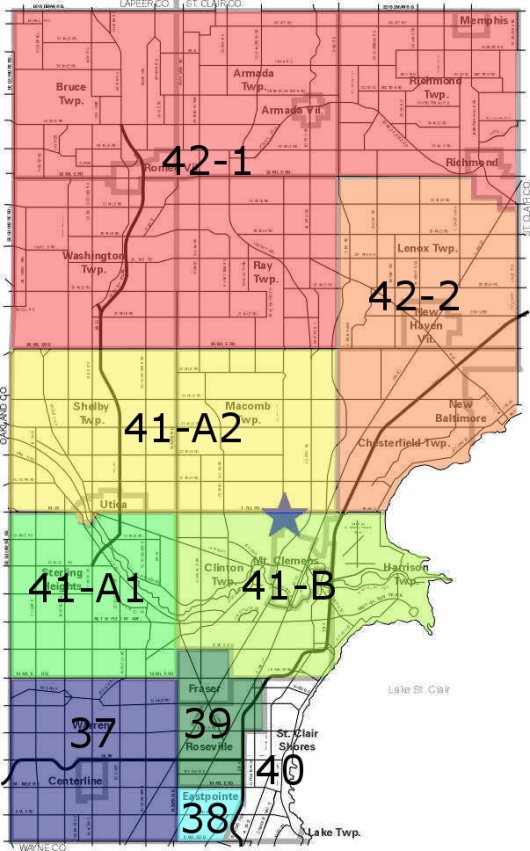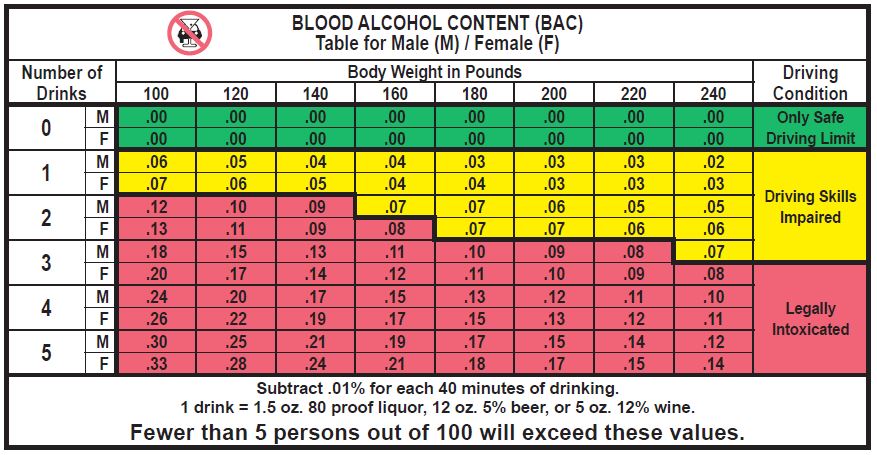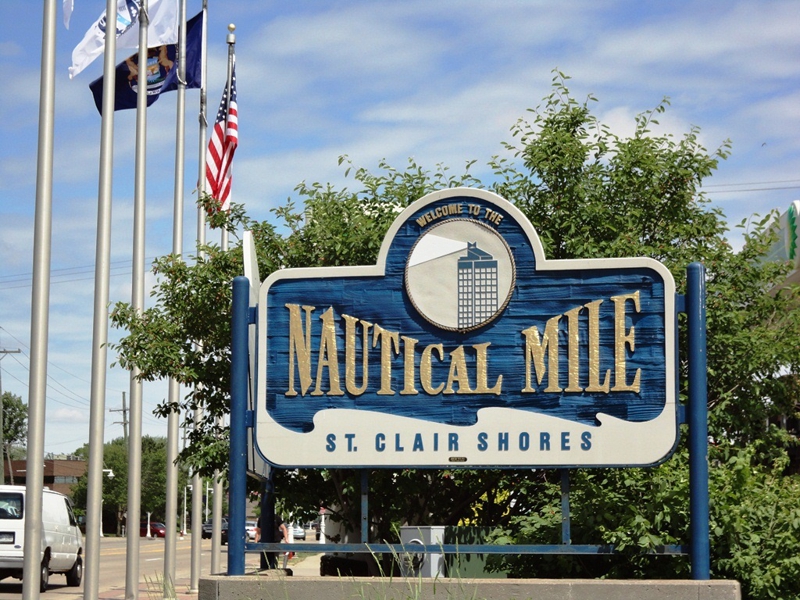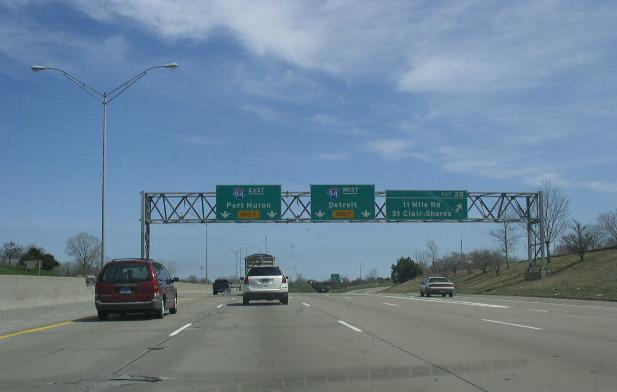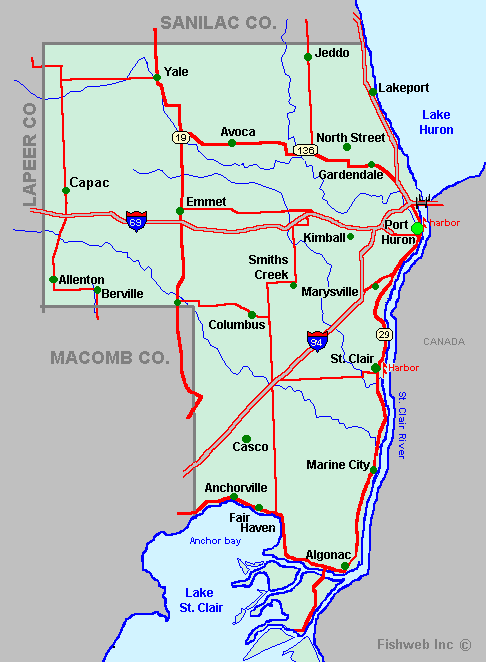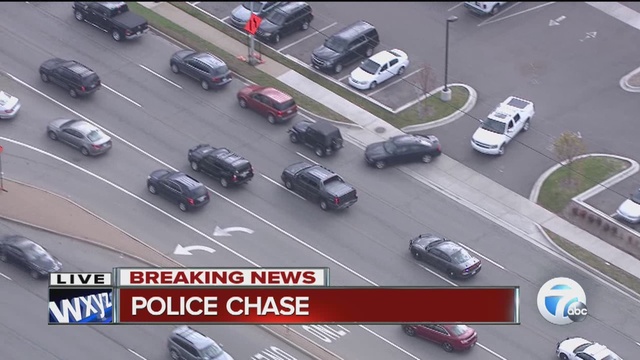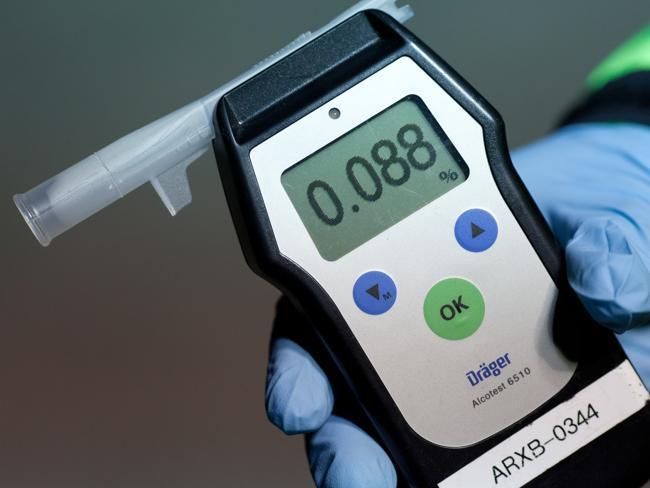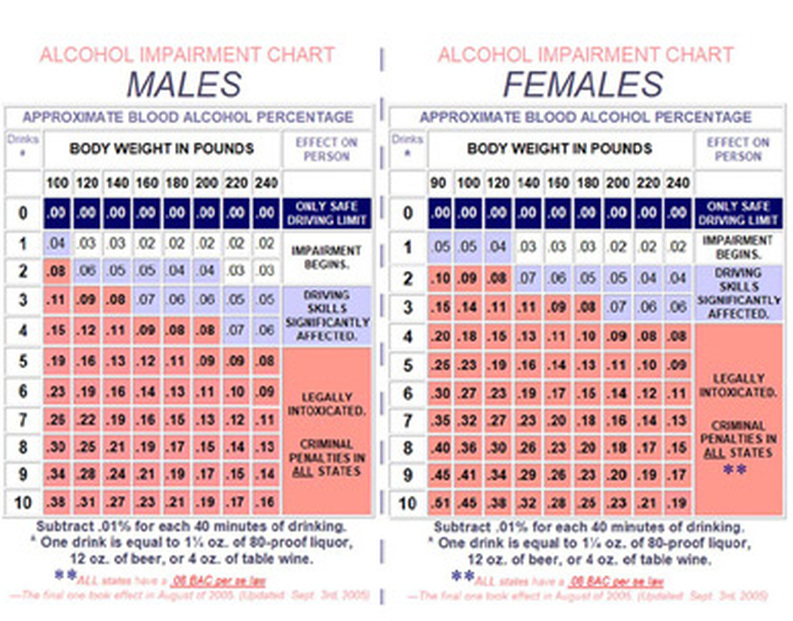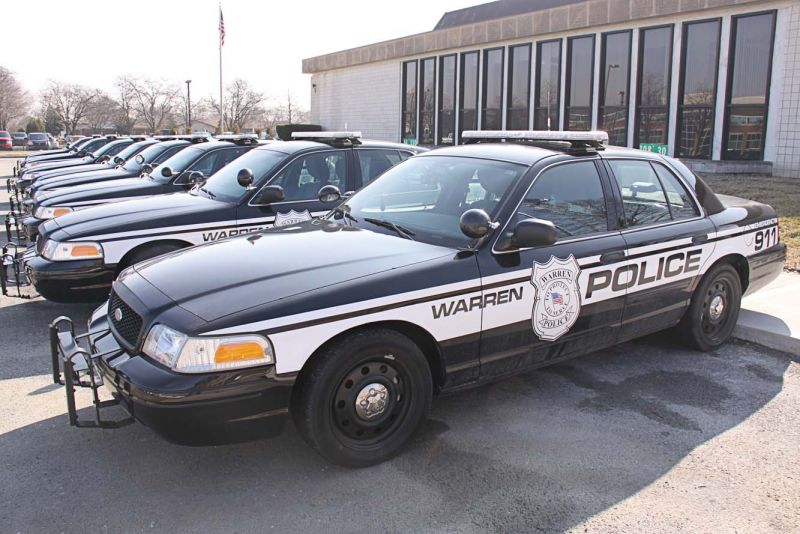
What you can expect if you are involved in a criminal, drunk driving or traffic matter in the Cities of Warren & Centerline
Our publications explore criminal and drunk driving issues within the realm of our law firm’s expertise. We have the distinction of practicing criminal law longer than most other Macomb County lawyers. This publication is about the 37th District Court where we regularly provide legal services to our clients charged with criminal matters, (misdemeanors and felonies), drug crimes, drunk driving and traffic tickets.
Locations of the 37th District Court
The 37th District Court has two locations which are located in the cities of Centerline and Warren. The jurisdictional boundaries of these Courts cover 36 square miles (from 8 Mile Road to 14 Mile Road and from Hayes to Dequindre). The Centerline and Warren Police Departments, as well as the Michigan State Police, patrol the streets and major roads within the boundaries of the 37th District Court; including I-696, Dequinder, Ryan, Van Dyke, Schoenherr, Hayes and 8 Mile). The City of Warren is also home to many industrial centers, the General Motors Tech Center, automobile dealers, restaurants, bars and retail establishments.
- Warren Location: 8300 Common Road, Warren, MI 48093, Phone: 586-574-4910
- Centerline Location: 7070 E. Ten Mile Road, Centerline, MI 48015, Phone: 586-757-8333
The Warren Police Department (WPD) is located directly behind the 37th District Court. The WPD is one of the most active law enforcement agencies in Macomb County with impressive detective bureau, helicopter unit, motorcycle and traffic patrol squad. The detective bureau has a drug enforcement team, as well as other units, which engage in various undercover operations. The drug enforcement unit keeps close tabs on its 8 Mile Border and regularly arrests individuals that are caught returning to Warren after buying drugs (heroin) in the City of Detroit. The Michigan State Police also have a presence in Warren as the law enforcement entity responsible for patrolling I-696 expressway.
Dismissals of criminal cases in the 37th District Court!
The 37th District Court has 4 elected judges. Each judge rotates once per month to preside over the Centerline caseload. As experienced criminal defense attorneys in Macomb County, I can say that all of the judges are extremely fair. They are judges that will listen to arguments and fairly dispose of criminal, drunk driving, drug and traffic cases. In my opinion, the 37th District Court is a court with a philosophy of rehabilitation, rather than a direct line to incarceration, and eligible offenders are given a second chance.
Our firm has represented clients charged with just about every imaginable misdemeanor and felony crime in the 37th District Court. The following is list of some of the most prevalent cases that we regularly see on the 37th District Court dockets in both Centerline and Warren:
- Domestic Violence
- Retail Fraud (1st, 2nd 3rd degree)
- Drunk Driving (OWI, Super Drunk Driving with .17 or more, OWI 3rd)
- Drug Crimes (delivery, possession, heroin, cocaine, analogues)
- Assault Crimes (misdemeanors and felony assault)
- Traffic Crimes (DWLS, leaving scene of accident, reckless driving)
- Disorderly Conduct (public intoxication, urinating in public)
- Embezzlement & False Pretenses
- Credit Card Fraud & Uttering and Publishing
- Sex Crimes
Getting out on bond, bond conditions
The 37th District Court is notorious for setting high bonds on individuals charged with a felony. It is also a court that gets more drug cases than any other district court within Macomb County and the judges do not hesitate to set high bonds for those charged with minor drug crimes! Insofar as possible, it is always advisable to have an attorney present for arraignment purposes. An attorney can make a considerable difference at arraignment by advocating for a personal bond (where no money needs to be posted) or a for a low cash/10% bond arrangement. Most judges will listen to an attorney’s remarks regarding bond which can save potentially thousands of dollars that a bondsman would otherwise cost. In addition to the cash component of bond, the Court can also impose bond conditions upon a person’s release from jail including the following:
- Drug and alcohol testing
- GPS monitoring (sex crimes, violent crimes)
- A ‘no-contact order‘ (assault, domestic violence, retail fraud)
A motion for a hearing can always be filed to modify bond conditions, remove a no-contact order or eliminate travel restrictions.
Misdemeanor or Felony Classification
In Michigan, the district courts have full jurisdiction to dispose of misdemeanors through sentencing. A misdemeanor is classified as an offense that carries up to 1 year in jail. Felony cases are another matter. A felony is classified as a crime that can carry more than 1 year in jail. A felony case is initiated in the district court for the arraignment, probable cause conference and preliminary examination. A felony that is not resolved in the district court will be moved to the circuit court for further proceedings. In certain cases, a felony can be reduced to a misdemeanor and can remain in the district court. Accomplishing reduction of a felony to a misdemeanor, thus avoiding a felony conviction, is considered a huge victory.
The outcome of a criminal case in the 37th District Court, as well as other Macomb County District Courts, is dependent upon many circumstances. The most significant factors that can have an impact on a case are:
- The prior criminal record of the accused party.
- Cooperation with the police (no resistance or difficulty at the time of arrest).
- Whether another party was injured.
- Whether the accused party can provide restitution for damages to the injured party.
- Whether the offense is a ‘policy case’ (crimes against senior citizens, children).
In our experience, criminal cases can be resolved favorably at the 37th District Court. Whenever possible, the judges will accept dispositions to allow an offender the opportunity to get a dismissal under these special provisions of law: HYTA for youthful offenders, MCL 333.7411 for first time drug offenders and MCL 769.a for domestic violence. The court will also utilize a provision of law known as a deferral or delayed sentence which allows an offender leniency or a dismissal after a period of probation. Even individuals that have a prior criminal record will be given respect and consideration for plea deals to get a dismissal under certain circumstances.
Drunk Driving Cases in the 37th District Court: 164 DUI cases in 2019
The highways and roads within the jurisdiction of 37th District Court are well traveled. They are used to cross town from the northern suburbs to the City of Detroit and to travel from the east side to the west side. Within its boundaries, there is an abundance of traffic associated with the I-696 expressway, the automotive industry and retail establishments. Heavy traffic volume is the reason that we see so many drunk driving cases within the 37th District Court. In 2019, Warren and Centerline administered a total of 164 breath and blood tests for individuals charged with drunk driving or drugged driving. Over 59 of the test results registered a blood alcohol content of .17 or greater to support a charge of ‘Super DUI‘ or operating with a high BAC (.17 or greater).
Statistically, more than 90% of drunk driving cases do not go to trial and are resolved negotiating and entering into a plea bargain. Plea bargains can mean getting a better deal without spending thousands of dollars on trial. However, there are many aspects of a drunk driving case that must be done according to administrative rules and going to trial is encouraged if the police screwed up and we have a chance of getting a not guilty verdict before a jury.
First Time Drunk Driving: For most first time drinking and driving offenders, jail is not likely absent some other aggravating circumstances in the 37thDistrict Courts. A person without any prior drinking and driving offenses can expect to get an OWI reduced to ‘operating while impaired’. It is extremely difficult and rare, but not impossible, to get a drinking and driving offense reduced to a non-criminal offense. In addition to probation, a person convicted for a first drinking and driving offense (operating while impaired) is looking at:
- Probation for 1 year or less
- Fines and costs approximately $1,200.00
- Restricted license for 90 days
- Attend an alcohol or substance abuse program (discretionary)
- Possible drug testing, alcohol testing, AA meetings (discretionary)
- 4 points on driving record
Super Drunk Driving: If a person is charged with Super DUI (BAC .17 or greater) a deviation may need to be filed to get a plea bargain for a lower offense. Super DUI convictions will result in mandatory license suspension for 45 days followed by a restricted license for a period of 320 days with the requirement of a vehicle breathalyzer ignition interlock device (BAIID). The Court can also order installation of an ignition interlock system on any vehicle driven by a person convicted of any drinking and driving offense, not just a Super DUI.
Repeat DUI Offender: A repeat drinking and driving offender may be looking at a longer period of probation, up to 2 years, with the possibility of some jail time. There are many steps that we can recommend to those charged with a repeat offense to reduce the likelihood of incarceration in almost every court.
Third Lifetime DUI = Felony: DUI 3rd is a felony/with a maximum penalty of 1-5 years in prison. Felony matters begin in the district court and can remain in the district court for purpose of sentencing and probation ONLY if reduced to a misdemeanor. Felonies that are not resolved in the district court are handled in the Circuit Court after the probable cause conference or preliminary examination. Click here for more information on felony procedure.
Drug Crimes in the City of Warren
There are more drug crimes in the City of Warren that wind up in the 37th District Court than in any other court located in Macomb County. In my opinion, many factors contribute to the high number of drug crimes in the City of Warren including an aggressive police department and surveillance of drug activity coming from Detroit. In fact, there are more crimes consistently reported in the City of Warren for larceny, retail fraud and assaults than in other Macomb County courts. In 2019, there were a total of 8,801 crimes reported in the City of Warren compared to 4,660 reported in the neighboring City of Sterling Heights. Both cities are approximately 36 square miles each.
More than ever, our clients are benefiting from aggressive legal representation to avoid felony convictions for drug crimes. In addition, the courts are more willing to utilize therapeutic rehabilitative measures, rather than punitive measures, as a means to sentence drug users.
37th District Court Probation Department: 8300 Common Road, Warren, Michigan 48093
The 37th District Court has its own probation department which is located in the Court building at 8300 Common Road, Warren, Michigan. Both Centerline and Warren use the probation department at this address. It is within the judge’s discretion whether or not to place an individual on probation after being convicted of a crime or drunk driving offense. In many cases that qualify as isolated incidents, we may be able to convince the judge that probation, also known as community supervision, is not necessary. When probation is imposed, the judge may require reporting or non-reporting. For obvious reasons, no probation or non-reporting is preferable. The probation department utilizes on-line reporting. When allowed to report on-line, the probationer is not required to personally appear at the probation department to report unless otherwise instructed to do so. The maximum period of probation that can be imposed in the 37th District Court is 2 years. However, our experience is that probation is rarely imposed for more than 1 year for most misdemeanor offenses.
Traffic Violations in the 37th District Court: Avoid Points & Record of any Conviction!
The Warren Police, Centerline Police and Michigan State Police all have an active presence monitoring the activity of vehicular traffic with the jurisdiction of the 37th District Court. I would say that traffic tickets are on the top of the list of types of cases that are litigated at the 37th District Court. When resolving a traffic matter in the 37th District Court, we are often able to get a reduction or avoid points. A traffic ticket can be reduced to a Michigan civil infraction known as impeding traffic or double parking which are offenses that will never appear on a person’s driving record and do not carry any points.
Court personnel are forbidden by law to give legal advice. Yet courts are making it easier than ever to just pay your traffic ticket by visiting the court’s website and conveniently providing an option to pay by credit card. Unfortunately, most individuals that receive a traffic ticket do not hire a lawyer and wind up with a record and points that will have an impact on insurance premiums for several years. The path of least resistance, paying the ticket, can be much costlier in the long run.
Continue reading ›
 Michigan Criminal Lawyer Blog
Michigan Criminal Lawyer Blog


